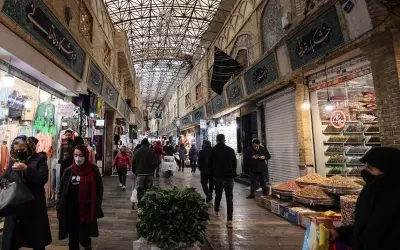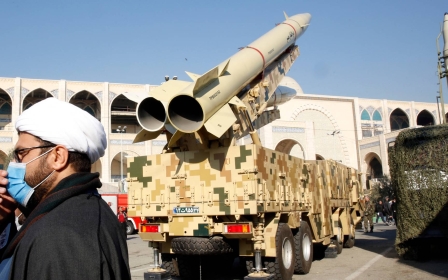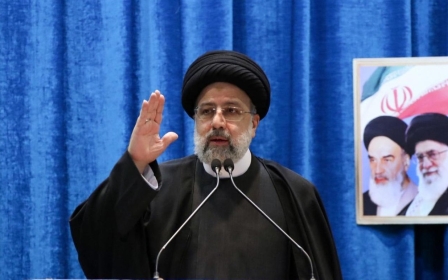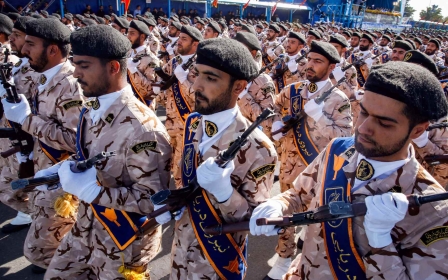Iran says it will return to Vienna only to finalise nuclear deal, not to negotiate
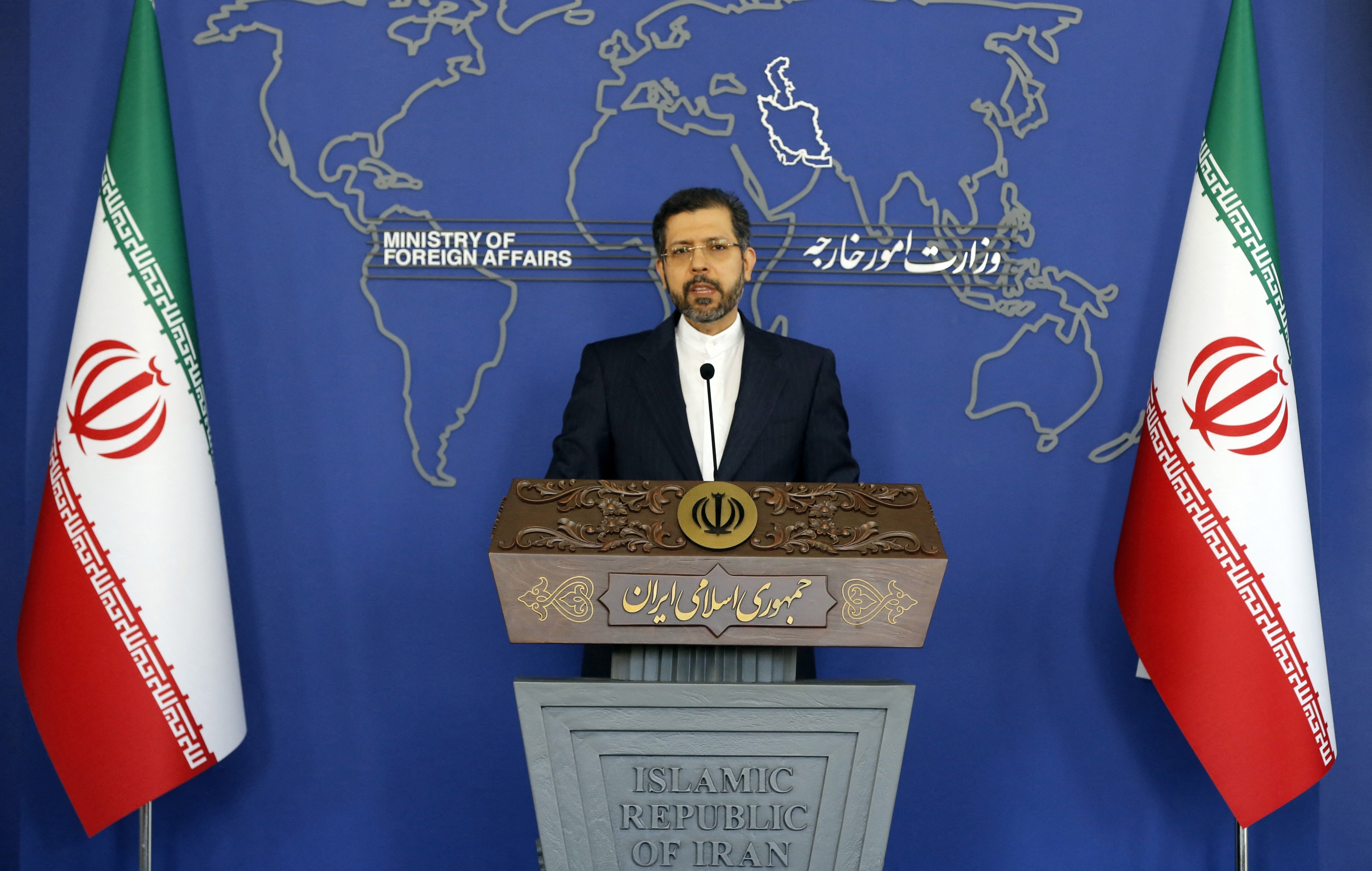
Iran will only return to Vienna to finalise an agreement to revive the landmark 2015 nuclear deal, with the last steps dependent on Washington, a foreign ministry spokesman said on Monday.
Tehran and Washington entered into the eighth round of negotiations aimed at reviving the nuclear accord late last year. Iran has refused to deal directly with the US, leaving the other parties to the agreement - Britain, China, France, Germany and Russia - to shuttle between them during the talks in Vienna, Austria.
"We will not be going to Vienna for new negotiations but to finalise the nuclear agreement," foreign ministry spokesman Saeed Khatibzadeh told reporters in Tehran.
After weeks of signals from Iranian and western officials that a deal was imminent, Khatibzadeh said there were still some last sticking points that it was waiting on Washington to resolve.
"At the moment, we do not yet have a definitive answer from Washington," he said. "If Washington answers the outstanding questions, we can go to Vienna as soon as possible.
The designation of the Islamic Revolutionary Guard Corps (IRGC) - a branch of the Iranian armed forces - as a foreign terrorist organisation by the United States is seen as one of the last major stumbling blocks in restoring the agreement.
Tehran has said that the IRGC's removal from the blacklist is a "red line".
Speaking at the Doha forum last week, Robert Malley, the US special envoy for Iran, said Washington would maintain sanctions on the group as he cautioned that a deal was not "just around the corner".
In 2019, then-US President Donald Trump designated the IRGC as a terrorist organisation, marking the first time Washington had officially used that label on a foreign state institution.
The decision came after the Trump administration pulled out of the agreement, officially known as the Joint Comprehensive Plan of Action (JCPOA), in 2018, on the grounds that it failed to rein in Tehran's support for regional proxies and ballistic missile development.
Iran maintained compliance with the accord for a few months before it began rolling back its commitments in 2019 and enriching uranium.
Ball 'in US court'
US officials have assessed that the time frame in which Iran could produce enough fuel for a nuclear bomb - the "breakout time" - has been significantly reduced since 2018 from the one-year framework that underpinned the original agreement.
The Biden administration has warned that Iran’s nuclear advances leave an increasingly narrow window of time to reenter the agreement, especially as Tehran has continued with its nuclear developments during the talks. Iran has rejected the imposition of any deadline on negotiations.
On Wednesday, the US Treasury announced measures targeting several entities it accused of involvement in procuring supplies for Iran's ballistic missile programme.
A day later, Khatibzadeh said Washington's imposition of the fresh sanctions showed its "ill will" towards the Islamic Republic. On Monday, Khatibzadeh levelled further criticism at the US.
"Today, in the final phase, the United States seeks to deprive Iran of the economic benefits of the agreement," Khatibzadeh said.
On Sunday, however, Iran's Foreign Minister Hossein Amir-Abdollahian said an agreement was "close" during a phone conversation with UN Secretary General Antonio Guterres.
"We have passed on our proposals on the remaining issues to the American side through the EU senior negotiator, and now the ball is in US court," he added.
Middle East Eye propose une couverture et une analyse indépendantes et incomparables du Moyen-Orient, de l’Afrique du Nord et d’autres régions du monde. Pour en savoir plus sur la reprise de ce contenu et les frais qui s’appliquent, veuillez remplir ce formulaire [en anglais]. Pour en savoir plus sur MEE, cliquez ici [en anglais].


